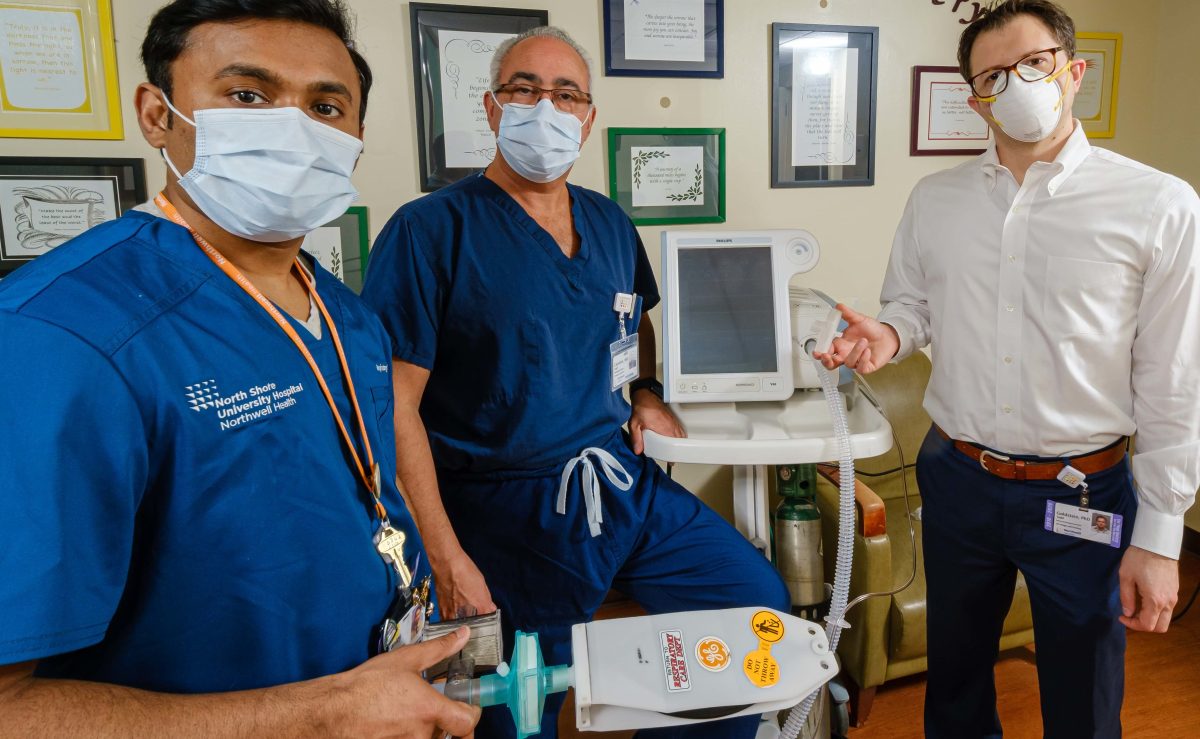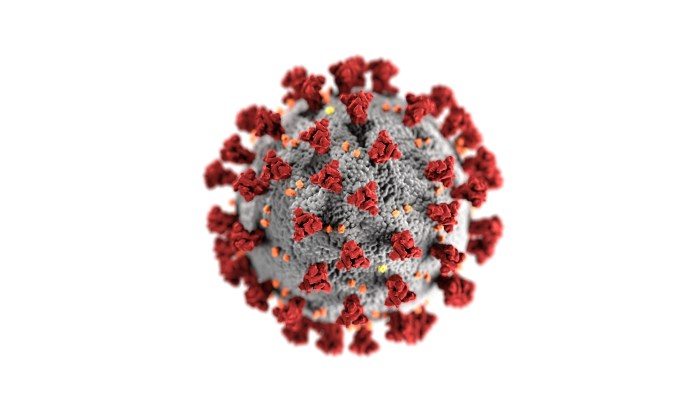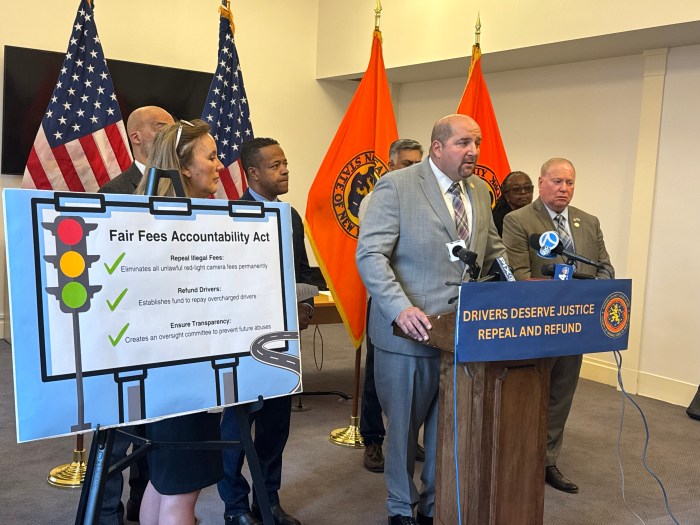Northwell Health is converting a medical device used for sleep apnea and other conditions into a ventilator to increase the number of ventilators available to its patients, throughout New York, and nationwide.
Gov. Andrew Cuomo today referred to Northwell Health’s transformation of a medical device into a ventilator as an example of innovation in an effort to be prepared in the event of an ongoing surge of COVID-19 patients.
The Manhasset-based health system said one of its physicians, a respiratory therapist, and 3D printing bioengineer together developed a system to convert a device known as a bi-level positive airway pressure or BiPAP.
Northwell Health said it’s able to transform a BiPAP into a “functional invasive mechanical ventilator” through a 3D printed adaptor.
A BiPAP or positive airway pressure machine is used to maintain consistent breathing for people with sleep apnea, congestive heart failure or chronic obstructive pulmonary disease.
Dr. Hugh Cassiere, medical director for respiratory therapy services at North Shore University Hospital, and Stanley John, NSUH’s director of respiratory therapy, developed the method to convert the Philips Respironics V60 BiPAP into a ventilator.
“I knew we could develop a way to repurpose and convert these machines to save hundreds of lives,” Dr. Cassiere said in a statement.
Northwell Health said it “has an adequate supply of ventilators for its patients,” but is seeking more to prepare for “a likely surge.”
The organization said it has a good supply of BiPAP machines across its 23 hospitals and, “faced with a surge when ventilators numbers do get low,” it believes converting these machines could help.
Dr. Cassiere and John collaborated with Northwell Health’s 3D Design and Innovation department to make a 3D-printed adapter.
“We were able to imitate the design of the T-piece adapter and print the plastic-resin piece with our 3D printers,” said Todd Goldstein, Northwell Health’s director of 3D design and innovation. “If the need arises, we would be able to print 150 adaptors in 24-hours.”
Northwell Health said it can share the new protocols to convert the BiPAP machines and T-adapter 3D print designs.


























